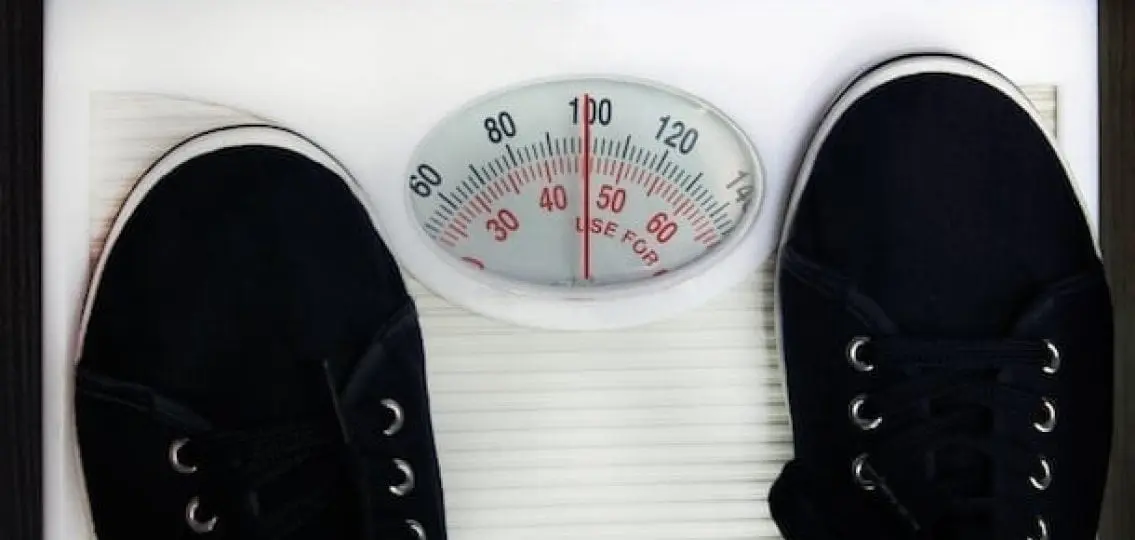Two summers ago, after a lifetime of negative self-image and isolation, I became overcome with feelings of loneliness, isolation, and crippling depression. I did not understand my place in a seemingly purposeless universe. This existential uncertainty infected my body, my livelihood and my vivacious spirit. I slowly became a stranger to my previous self. I needed something to make myself feel important. Anorexia nervosa became my escape.

My disorder began after I started eating healthy. I quit junk food, so I naturally shed some weight.
That control over my body was the most gratifying sensation I had ever experienced.
So, when my body mass reached a plateau, I cut my food intake. Eventually, I consumed less than 300 calories per day, or I fasted for days at a time.
When I neared the 300-calorie mark, I felt deep regret and the kitchen felt like a graveyard. The remnants of what I had consumed represented an overwhelming aura of disappointment. I grieved over rotting apple cores and avocado skins, as they represented a loss of self-control, and I was addicted to the power of self-control.
In sixth months, I dropped 60 pounds: from 176 to 126.
I loved when people confirmed my anorexia. My doctor’s diagnosis was somewhat rewarding, for it corroborated my achievement, but he merely called it an “eating disorder” and noted that it was not yet serious. I dreamt of a serious and fatal diagnosis. I wanted to hear death in his voice because only the immediate possibility of self-extinction would have made my hunger strike successful. So, I further limited what I ate, and I lost another ten pounds from my already gaunt figure. Nonetheless, I was never satisfied with my weight; I still sought to lose more.
My bed was a shelter. On many days, especially when I fasted, I never left it. The sheets protected me from confronting my sadness and allowed me to wallow in my misery.
I was both physically and mentally emaciated.
I fixated on the past. Obscure childhood memories flashed through my consciousness, as I yearned for what I thought were my golden years. I rented movies that I watched as a youngster to enhance my fanatical reminiscences.
I do not believe that my eating disorder was the root of my problems. Rather, it was symptomatic of profound anxiety, depression, feelings of inadequacy and loneliness. Media may set standards of beauty, but the assumption that images of “beautiful” celebrities breed self-starvation is misguided. I did not morph into a ghost because I saw six-packs in popular culture.
I was just starving to be worthwhile, and mastering my body was a way to meet that aim.
At 19-years-old and after a year of slow death, my body started shutting down. Simple acts were difficult; sitting up was exhausting. At that point, I realized that I could regain control and that anorexia would never be fulfilling. In short, I began to understand that the eating disorder was killing me.
I remembered that people cared about me. My relationships were most nourishing. I wanted to live, so, bit by bit, I increased my meal servings. Second thoughts never clouded my rehabilitation.

My friend, eating disorders carry a troubling female identity. As such, many men either do not know that they could be anorexic or fear revealing their struggles. I urge you to rid yourself of these preconceptions. If you are suffering from any mental illnesses, talk to somebody. Remove the disguise. Remember that people love you.
I was not alone. You are not alone. We are not alone.
This article was one in a series about male eating disorders, including boys vs. girls.
Read more perspectives: Parent 1, Parent 2, Expert 1, and Expert 2.




